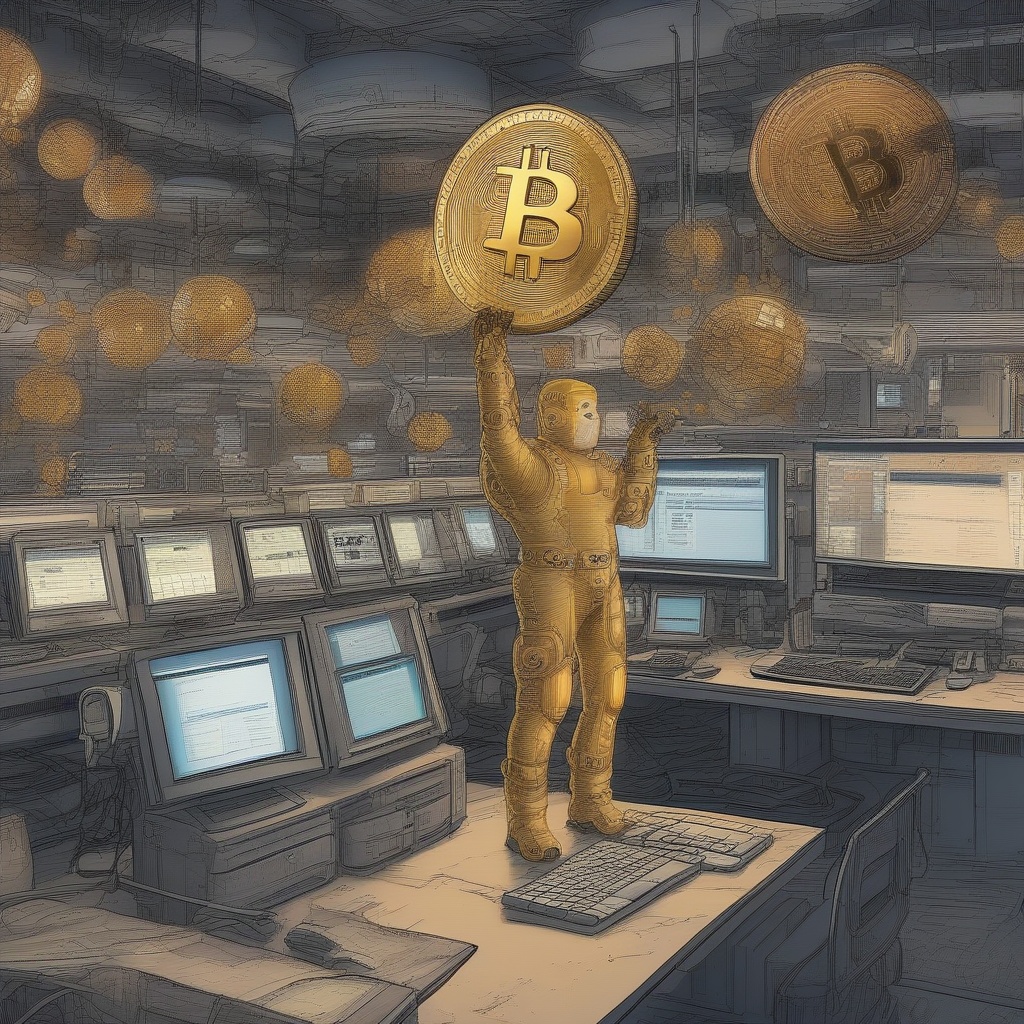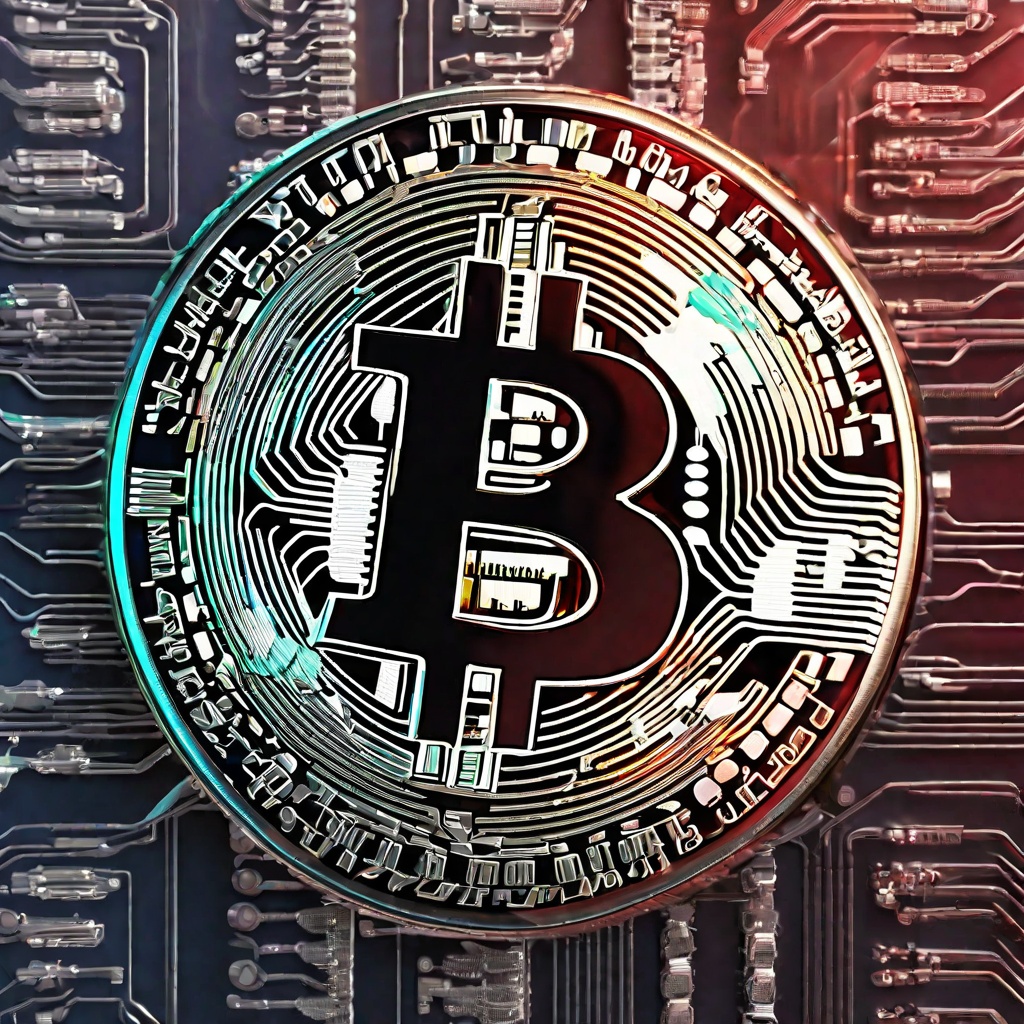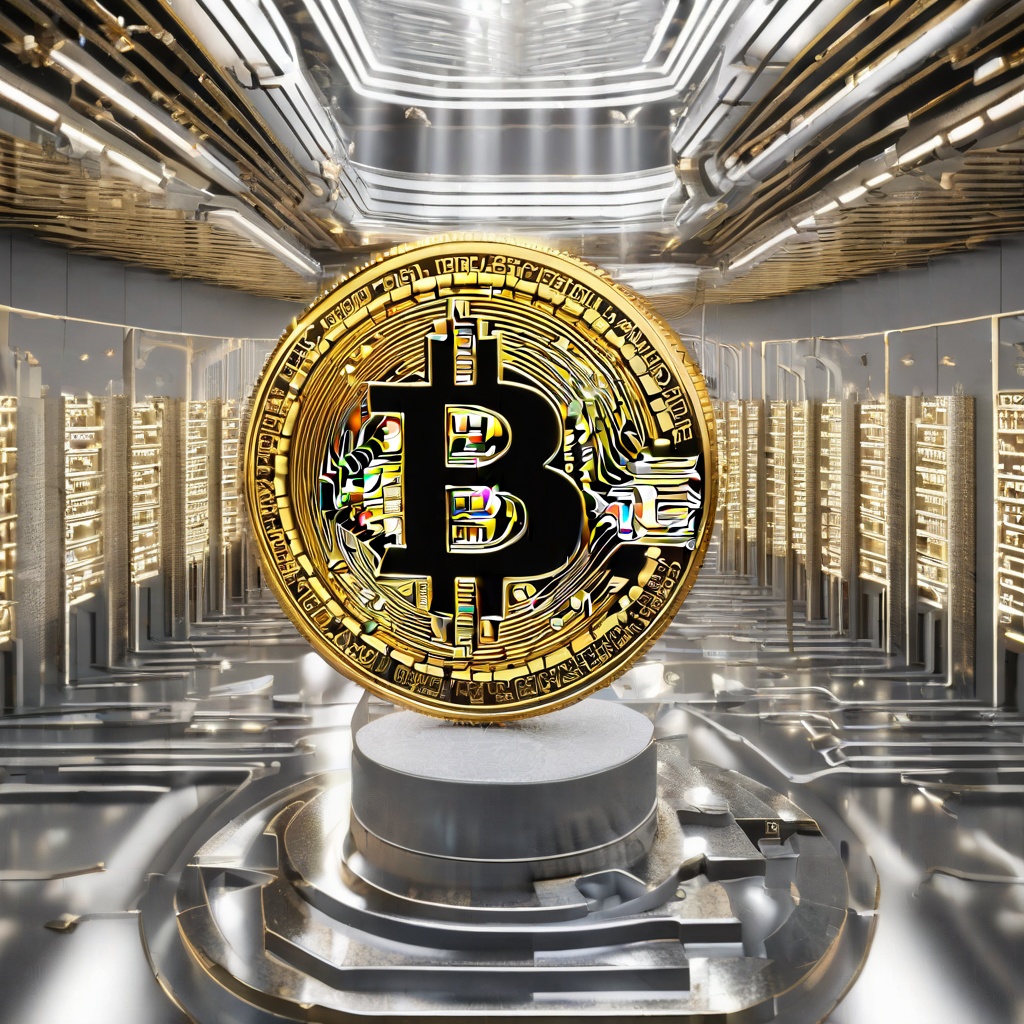Are fake bitcoin exchanges a phishing scam?
Have you ever heard of fake Bitcoin exchanges that are nothing more than phishing scams? These deceitful platforms can mimic the appearance of legitimate Bitcoin exchanges, enticing unsuspecting users to deposit their digital currency only to steal it. These scammers are highly skilled in their tactics, making it difficult for even the most vigilant investor to discern the difference between a genuine exchange and a phishing scam. It's important to always double-check the authenticity of any bitcoin exchange before depositing your funds. Do you have any personal experience with fake Bitcoin exchanges or any tips for spotting a phishing scam?

What are the best bitcoin exchanges for gift card trading?
Are you interested in using Bitcoin exchanges to trade gift cards? If so, you might be wondering which platforms are the best for this purpose. The answer depends on a few factors, including the types of gift cards you want to trade, the fees charged by the exchange, and the level of security offered. Some exchanges specialize in certain types of gift cards, while others offer a wider range of options. Additionally, it's important to consider the reputation of the exchange and whether it has a good track record of protecting user funds. With so many options available, it can be challenging to choose the best bitcoin exchange for gift card trading. Do you have any specific requirements or preferences in mind?

Do bitcoin exchanges charge transaction fees?
Excuse me, I'm just curious about the fees associated with buying and selling Bitcoin on exchanges. Do Bitcoin exchanges typically charge transaction fees for users to complete trades? And if so, how do these fees work? Are they a percentage of the trade amount or a flat rate? Also, are there any factors that can influence the amount of the fee, like the size of the trade or the specific exchange platform? Thanks for any information you can provide.

Are South Korea's bitcoin exchanges ready for strict regulatory frameworks?
As a keen observer of the cryptocurrency landscape, I must inquire: Are South Korea's bitcoin exchanges indeed prepared to navigate the tumultuous waters of impending strict regulatory frameworks? With the country's government taking a proactive stance in shaping the future of digital currencies, how equipped are these exchanges to adapt to the looming changes? Will they be able to seamlessly integrate these regulations into their operations, ensuring compliance while maintaining a competitive edge? Or will the tightening screws of oversight prove to be a daunting challenge, potentially stifling innovation and growth in the region's crypto ecosystem? The answers to these questions hold significant implications for the future of South Korea's bitcoin market.

Are bitcoin exchanges eligible for Section 1031 tax-deferred exchange treatment?
Could you please elaborate on the eligibility of bitcoin exchanges for Section 1031 tax-deferred exchange treatment? As cryptocurrency continues to gain popularity, it's essential to understand the tax implications of trading and exchanging digital assets. Does the IRS consider bitcoin exchanges to be like-kind properties, allowing for tax-deferred treatment under Section 1031? If not, what alternative tax strategies can cryptocurrency traders utilize to minimize their tax burden?

